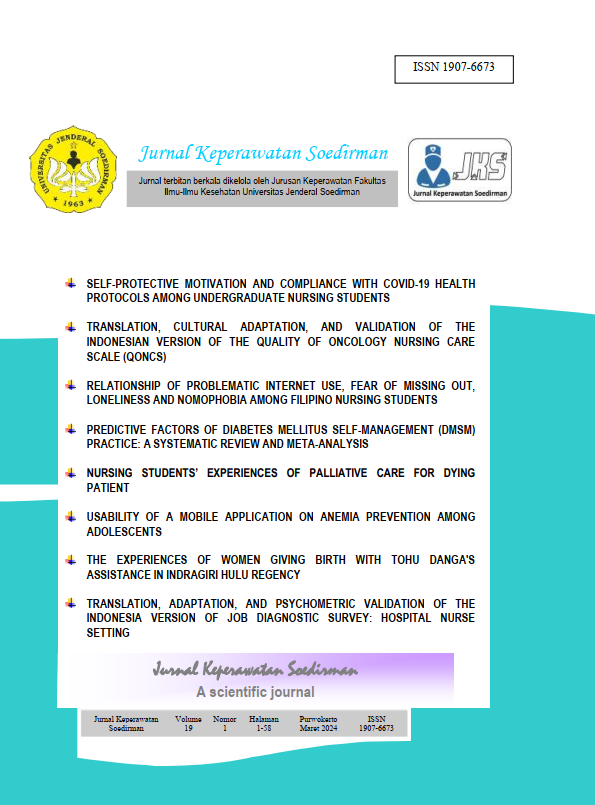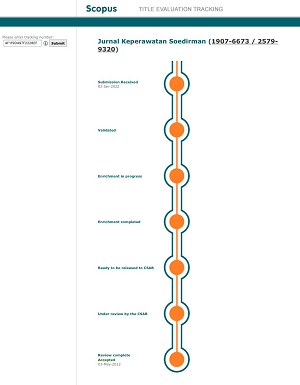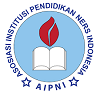Relationship of Problematic Internet Use, Fear of Missing Out, Loneliness and Nomophobia among Filipino Nursing Students
Abstract
The dominance of technology use has brought growing concerns regarding its influence on human living phenomena such as problematic Internet use, fear of missing out, and nomophobia. Hence, the study aimed to determine the relationship between problematic use of the Internet, fear of missing out, loneliness, and nomophobia among nursing students. A descriptive-correlational research design was conducted with 117 nursing students selected through purposive sampling. Data were collected using an online questionnaire consisting of the Generalized Problematic Internet Use Scale 2, Fear of Missing Out Scale, Nomophobia Questionnaire, and the UCLA Loneliness Scale. Data were analyzed using frequency distribution and percentages, means, standard deviations, and Pearson’s r correlation. Results showed that problematic internet use significantly correlated with fear of missing out (r=0.223, p=0.015) and loneliness (r=0.289, p=0.002). In contrast, fear of missing out was revealed to have a significant negative relationship with nomophobia (r= -0.233, p=0.011). Despite the rise in digital activities among distance learning nursing students, loneliness and fear of missing out scores are low. However, higher nomophobia scores and strong relationships between concepts necessitate being alert to potential issues, keeping an eye on things, and adopting safety measures.











_3.png)

 Kampus keperawatan unsoed
Kampus keperawatan unsoed  Published By Jurusan Keperawatan FIKES UNSOED
Published By Jurusan Keperawatan FIKES UNSOED jks@unsoed.ac.id
jks@unsoed.ac.id

